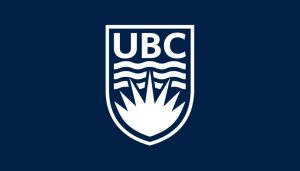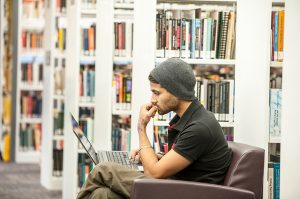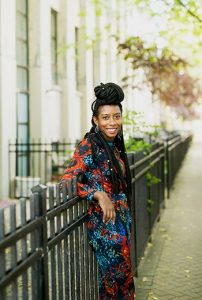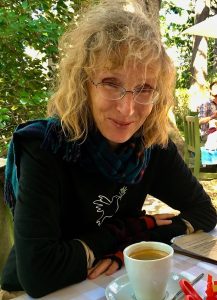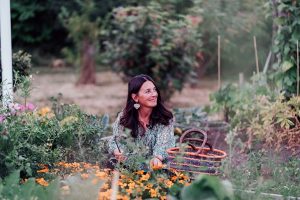UBC Okanagan hosts virtual Nobel Night event
Planets, poverty, peace and powerful batteries. The science and activism behind all of these are tied together this year by the lasting legacy of Alfred Nobel’s annual recognition for game-changes.
Irving K. Barber Faculty of Arts and Social Sciences’ inaugural Dean begins five-year term
Prof. Silvia Tomášková now serving as FASS Dean The inaugural Dean of the newly-created Irving K. Barber Faculty of Arts and Social Sciences, Silvia Tomášková, has officially started her new role. Prof. Tomášková joins UBC Okanagan from the University of North Carolina at Chapel Hill, where she was the Druscilla French Distinguished Professor of Women’s […]
UBC Okanagan rethinks and relaunches its Bachelor of Arts program
In an era when there’s increasing emphasis on students to focus on science, technology, engineering and math—the STEM fields—UBC’s Okanagan campus is relaunching its Bachelor of Arts (BA) degree with an eye to making it even more relevant to today’s changing world.
Lawyer, journalist and equity advocate Hadiya Roderique explores racism in the workplace
On Wednesday, November 17, UBCO hosts lawyer, journalist and equity advocate Hadiya Roderique as part of its Distinguished Speaker Series.
UBCO study says it’s not if, but how people use social media that impacts their well-being
New research from UBC Okanagan indicates what’s most important for overall happiness is how a person uses social media.
Irving K. Barber Faculty of Arts and Social Sciences welcomes Silvia Tomášková as inaugural Dean
Prof. Silvia Tomášková appointed Dean, Irving K. Barber Faculty of Arts and Social Sciences UBC’s Board of Governors has approved the appointment of Professor Silvia Tomášková as the inaugural Dean of the new Irving K. Barber Faculty of Arts and Social Sciences. Prof. Tomášková joins UBC Okanagan from the University of North Carolina at Chapel […]
Irving K. Barber Faculty of Arts and Social Sciences welcomes Bryce Traister as Dean pro tem
Prof. Traister named Dean pro tem of Irving K. Barber Faculty of Arts and Social Sciences As the search for the inaugural Dean of the Irving K. Barber Faculty of Arts and Social Sciences continues, Professor Bryce Traister has accepted the position of Dean pro tem, beginning September 1, 2020, and ending no later than […]
Bryce Traister named Dean pro tem of Faculty of Arts and Social Sciences
Professor Bryce Traister has accepted the position of Dean pro tem beginning September 1, 2020, and ending no later than December 31, 2020. Prof. Traister will hold this position in addition to his current role as Dean, Faculty of Creative and Critical Studies.
The post Bryce Traister named Dean pro tem of Faculty of Arts and Social Sciences appeared first on UBC’s Okanagan News.
UBCO researcher looks at food security during COVID-19
As COVID-19 looms into the summer, international borders remain closed, a number of meatpacking and food processing plants are shut, and local farmers face a shortage of migrant workers to harvest crops. Indeed, prices have increased in grocery stores and the stark reality of supply and demand is hitting Canadians in the wallet.
